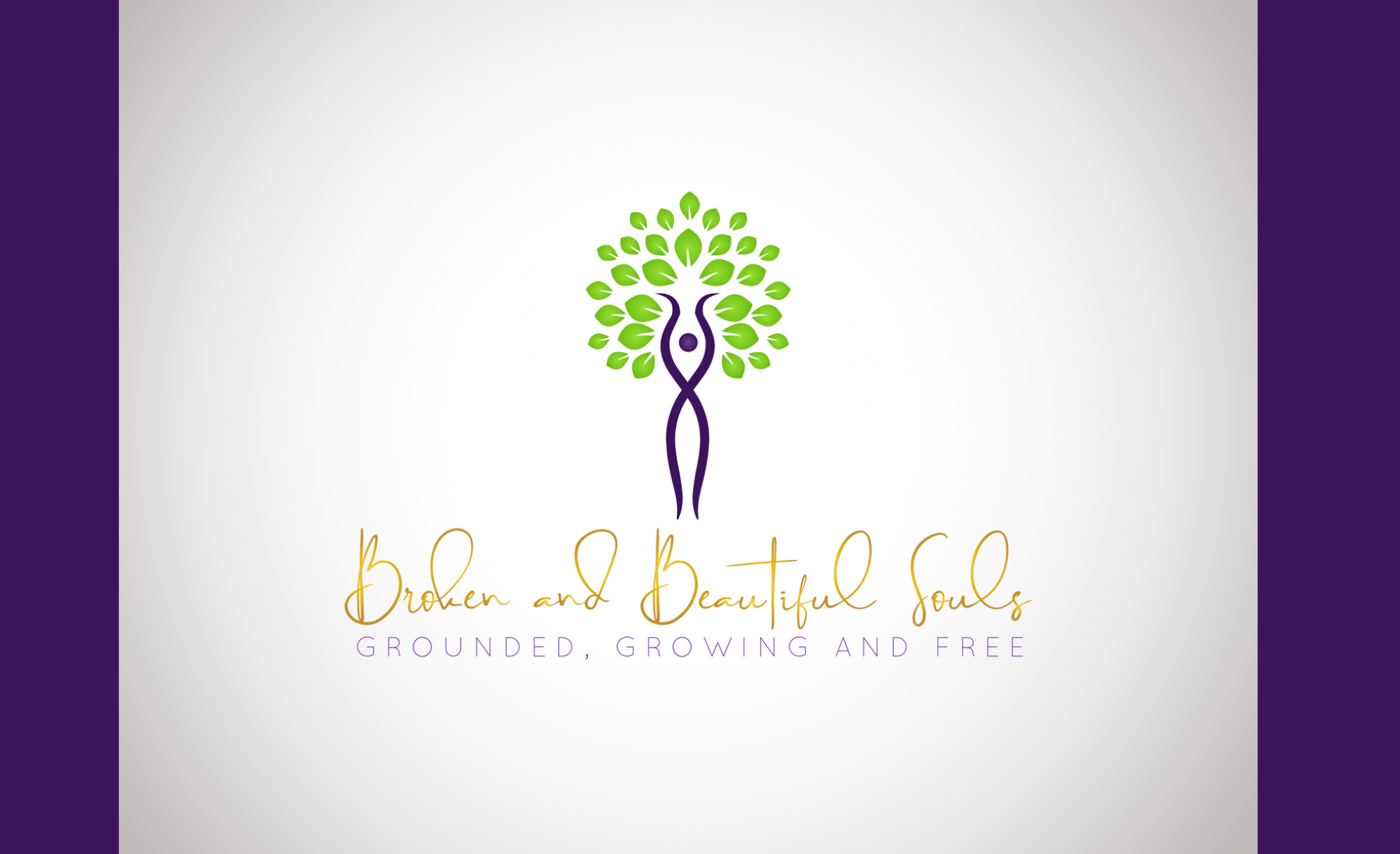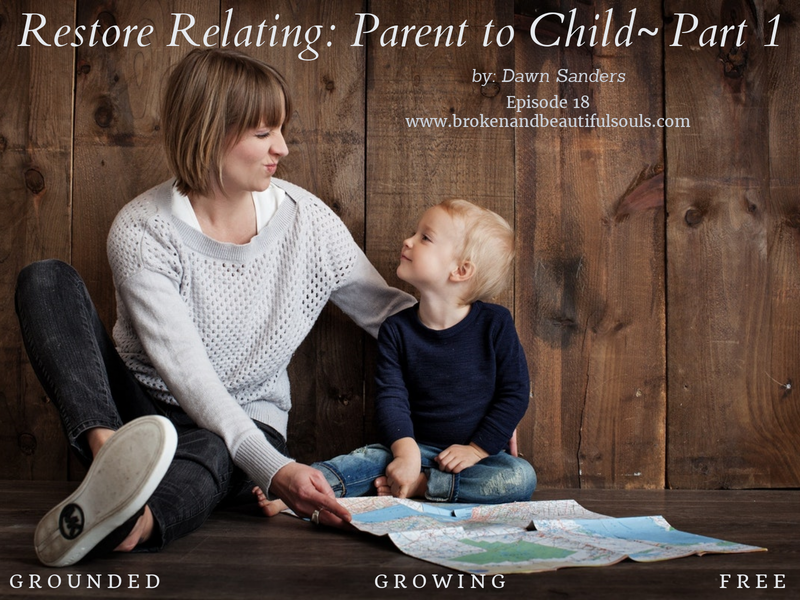How your parents related to you as a child significantly impacts how you relate to your children. Knowing your own childhood attachment stories and what you did and did not receive as a child, will help you make needed changes to become not only a “good enough” parent, but a healthy, attuned parent raising connected kids.
~~~~~~~~~~~~~~~
“When each one of us comes into the world, we enter it looking for someone looking for us.” ~ Curt Thompson
Show Notes:
Your childhood experiences have shaped your brain’s development and the patterns that enable you to re-enact these stories as an adult. Dan Allender remarks that “children need to be delighted in and respected by their parents”. Being delighted in and respected are ‘joining’ components. They also communicate what God has already modeled- that which is true of Him and that which is true of you.
God’s delight for you is intense. You are made in His image and He thought you up before time began. Your name is tattooed on the palm of His hand. God sees you, created you, knit you together. Therefore, as an image bearer of God, you are be respected as a human being- body and soul. God so delighted and respected you that He sent His only son to earth so you could spend eternity with Him. Consider these points as you relate to others, especially to your children.
Ps 104:31; Ps 147:10; Prov 11:20; Prov 3:23; Zeph 3:17; Rom 2:29; I Cor 4:5
Look at what has been modeled for you by the Triune God. From always to forever, God has been in relationship with Himself, holding great delight and respect for each part- Father, Son, Holy Spirit. He delights and respects these parts in a type of unity such that there is 1 God & 3 persons…3 persons and 1 God.
Gen 1:26-27; John 1:1-3; Matt 28:18-20; John 30, 33; Cor 3:16; Rom 8:9;
John 14:16, 18, 23; Ps 110:1; 2 Cor 1:21-22; Matt 3:16-17
You are also created for relationship.
Eccles 4:9-12; Matt 5:38-42; Gal 5:13; I Tim 5:1-3; Heb 10:24
Kirk Thompson, Neuroscientist, says “when each one of us comes into the world, we enter it looking for someone to join us”. When you have this bond of being joined, as infants and children, with your primary caregiver, Neuroscientists and Psychologists call this a ‘healthy attachment’. As a parent, what does your child need? How can you meet your child’s needs to form a healthy attachment to you?
3 Categories to Consider with the Parent-Child Bond
- Acceptance-when the parent delights in and respects the child for who she is
What does healthy acceptance look like? Infants are incapable of regulating their own emotions. As a child ages, her ability to regulate her emotions improves. Healthy parental modeling of emotional regulation is imperative for a child to learn how to healthily regulate her own emotions. It is also important for a parent to accept all of their child’s emotions.
- Attunement– when the parent is aware, engaged, and connected to her child
Were your parents able to join with and connect with you? Feedback from a parent is helpful in the character building of a child. Children need their feelings named and validated. Healthy parental feedback toward the child is imperative for the emotional growth of that child. Failure to attune to an infant and respond accordingly will result in the child’s shutting down as a survival response.
A positive parental response is necessary for positive connections to develop in the child’s brain. While the brain has enough elasticity to be rewired; at the same time, it can be a very difficult and painful process to rewire childhood neurological connections as an adult. A negative neurological connection can lead to negative behaviors and styles of relating. The child may wither away, become enraged with herself, or have negative feelings toward her parent(s) due to previously unmet needs.
Ps 127:3; Eph 6:4; Prov 22:6; Col 3:21; James 1:19; 1 Pet 5:1-14
- Connection– more on this next week in Part 2

